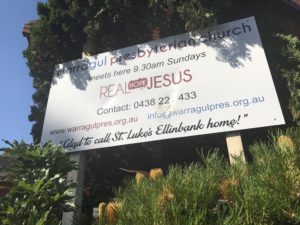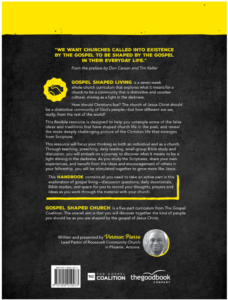by Carl R. Trueman
From Tabletalk Magazine, August 1st, 2008
Many evangelical Christians are instinctively suspicious of the whole idea of creeds and confessions, those set forms of words that certain churches have used throughout the ages to give concise expression to the Christian faith. For such people, the very idea of such extra-scriptural authoritative statements of faith seems to strike at the very heart of their belief that the Bible is the unique revelation of God, the all-sufficient basis for our knowledge of Him, and the supreme authority in matters of religion.
Certainly, creeds and confessions can be used in a way that undermines the orthodox Protestant view of scripture. Both Roman Catholic and Eastern Orthodox churches invest such authority in the declaration of the institutional church that the church creeds can seem to carry an authority that is derived from the church’s approval rather than conformity with the teaching of Scripture. Evangelicals are right to want to avoid anything that smacks of such an attitude. Yet I would like to argue that creeds and confessions should fulfill a useful function in the life of the church and in the lives of individual believers.
First, Christians with no creed simply do not exist. To declare that one has “no creed but the Bible” is a creed, for the Bible nowhere expresses itself in such a fashion. It is an extra-biblical formulation. There are really only two types of Christian: those who are honest about the fact they have a creed and those who deny they have a creed yet possess one nonetheless. Ask any Christian what they believe, and, if they are at all thoughtful, they will not simply recite Bible texts to you; they will rather offer a summary account of what they see to be the Bible’s teaching in a form of words which are, to a greater or lesser extent, extra-biblical. All Christians have creeds — forms of words — that attempt to express in short compass great swathes of biblical teaching. And no one should ever see creeds and confessions as independent of Scripture; they were formulated in the context of elaborate biblical exegesis and were self-consciously dependent upon God’s unique revelation in and through Scripture.
Given this fact, the second point is that some Christians have creeds that have been tried and tested by the church over the centuries, while others have those that their pastor made up, or that they put together themselves. Now, there is no necessary reason why the latter should be inferior to the former; but, on the basis that there is no need to reinvent the wheel, there is surely no virtue in turning our backs on those forms of sound words that have done a good job for hundreds of years in articulating aspects of the Christian faith and facilitating its transmission from place to place and generation to generation. If you want to, say, reject the Nicene Creed, you are of course free to do so; but you should at least try to replace it with a formula that will do the job just as effectively for so many people for the next 1,500 years. If you cannot do so, perhaps modesty and gratitude, rather than iconoclasm, are the appropriate responses to the ancient creed.
Third, the creeds and confessions of the church offer us points of continuity with the church of the past. As I noted above, there is no need to reinvent Christianity every Sunday, and in an anti-historical, future-oriented age like ours, what more counter-cultural move can we as Christians make than to self-consciously identify with so many brothers and sisters who have gone before? Furthermore, while Protestants take justifiable pride in the fact that every believer has the right to read the Scriptures and has direct access to God in Christ, we should still acknowledge that Christianity is first and foremost a corporate religion. God’s means of working in history has been the church; the contributions of individual Christians have been great, but these all pale in comparison with God’s great work in and through the church as a whole. This holds good for theology as for any other area. The insights of individual teachers and theologians over the centuries have been profound, but nothing quite matches the corporate wisdom of the godly when gathered together in the great councils and assemblies in the history of the church.
This brings me to my fourth point: Creeds and confessions generally focus on what is significant. The early creeds, such as the Apostles’ and the Nicene are very brief and deal with the absolute essentials. Yet this is true even of the more elaborate statements of faith, such as the Lutheran Augsburg Confession or the Westminster Confession of Faith. Indeed, when you look at the points of doctrine that these various documents cover, it is difficult to see what could be left out without abandoning something central and significant. Far from being exhaustive statements of faith, they are summaries of the bare essentials. As such, they are singularly useful.
Evangelicals should love the great creeds and confessions for all of the above reasons. Yet we should ultimately follow them only so far as they make sense of Scripture, but it is surely foolish and curmudgeonly to reject one of the primary ways in which the church has painstakingly transmitted her faith from age to age.
https://www.ligonier.org/learn/articles/we-believe/
http://www.ligonier.org/








